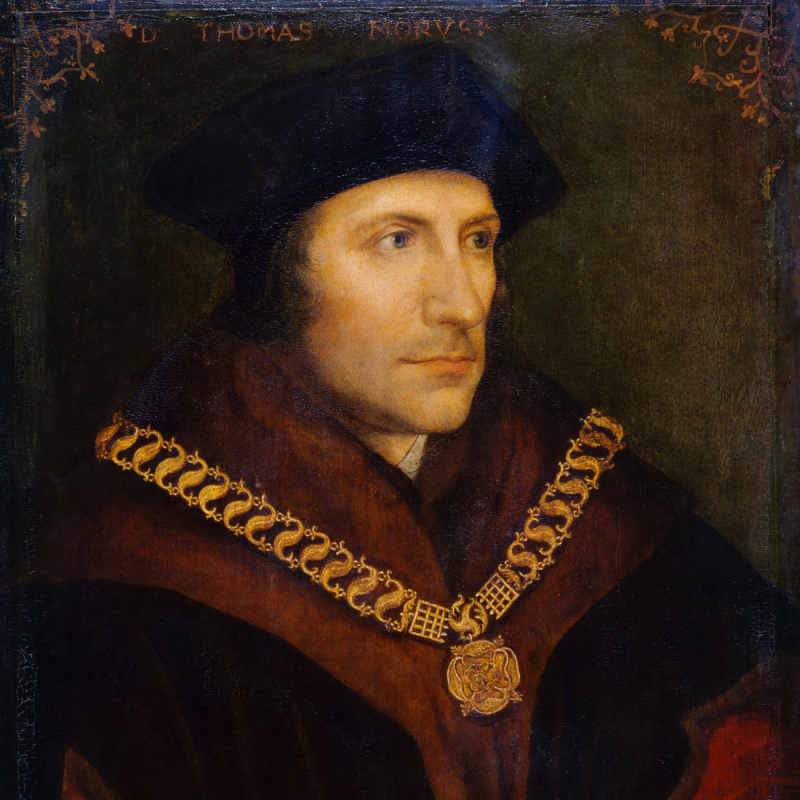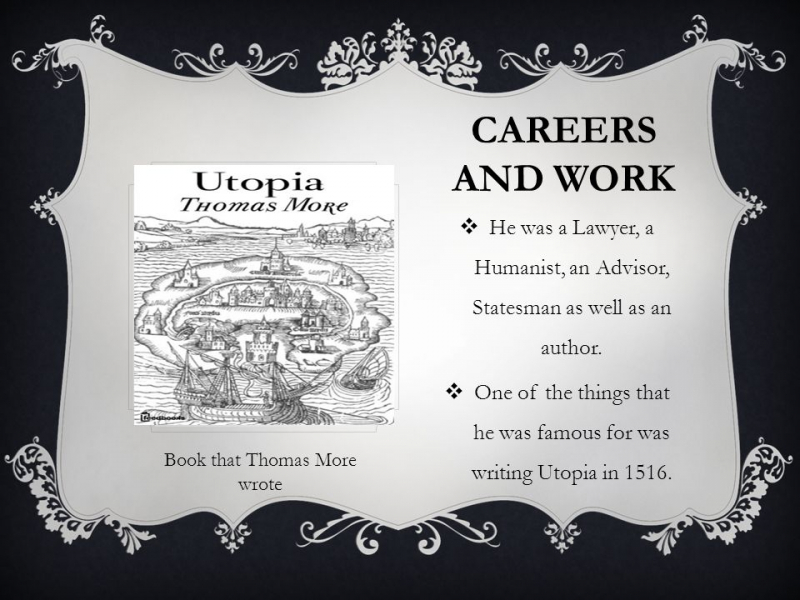Thomas More
Thomas More, also known as Saint Thomas More, was an English humanist and statesman who served as chancellor of England (1529–32) and was beheaded for refusing to accept King Henry VIII as the head of the Church of England (born February 7, 1478, London, England—died July 6, 1535, London; canonized May 19, 1935; feast day June 22). The Roman Catholic Church has declared him a saint. More got a classical education at Oxford, where he began his studies in 1492. He studied Latin and Greek under Thomas Linacre and William Grocyn and became excellent in both languages. At his father's request, More left Oxford after only two years to undertake legal studies at New Inn, one of the Inns of Chancery, in London. More enrolled in Lincoln's Inn, one of the Inns of Court, in 1496 and stayed there until 1502, when he was admitted to the Bar.
Dialogue Concerning Heresies, Responsio ad Lutherum, Supplication for Souls, and an incomplete but influential (and slightly prejudiced) History of King Richard III are among More's works. Utopia, published in 1516 CE, is his most renowned work, which envisions an ideal state based on an imagined island beyond the equator that has been cut off from Europe for 1,200 years.
Utopia was published in 1516 and was written in Latin. The novel is essentially a frame tale that depicts a fictional island society's religious, social, and political norms. More's description of Utopia is reminiscent of monastic life in many ways.












